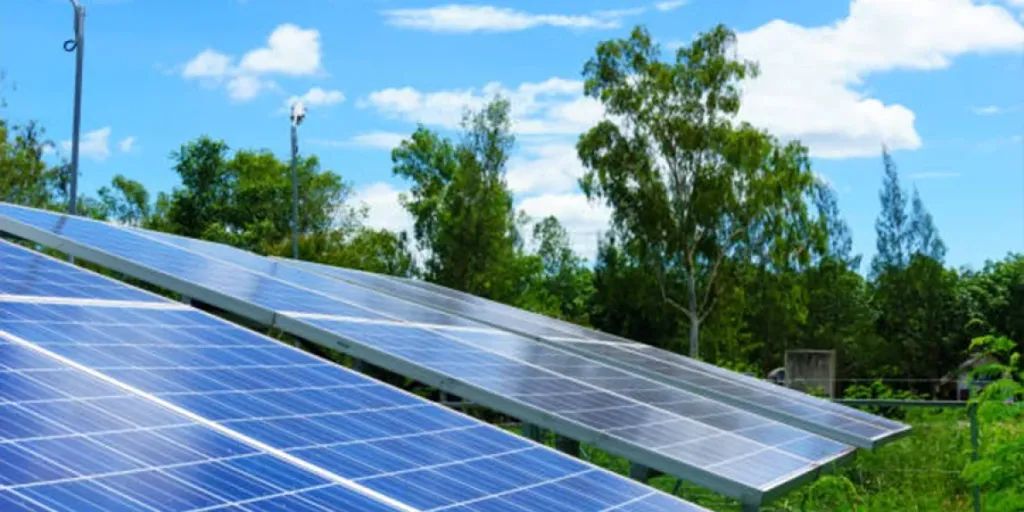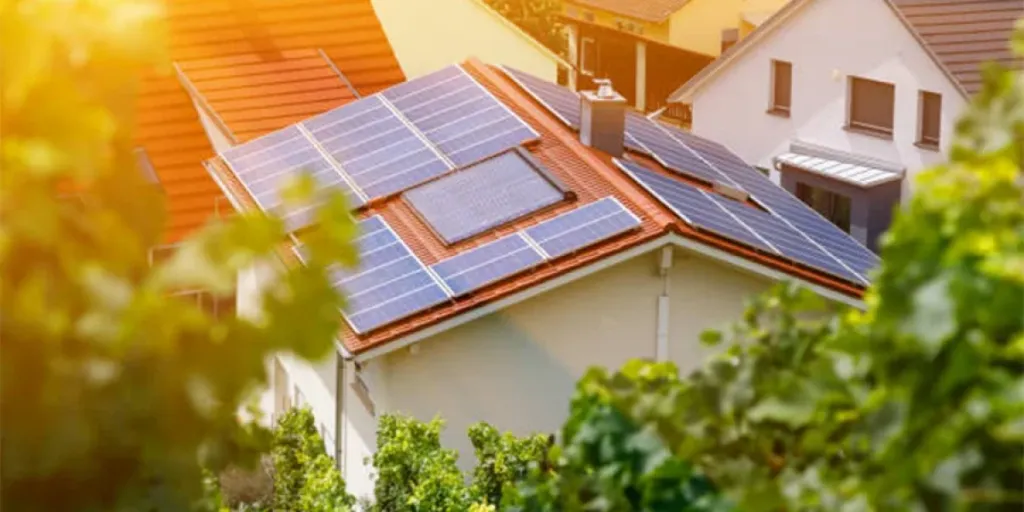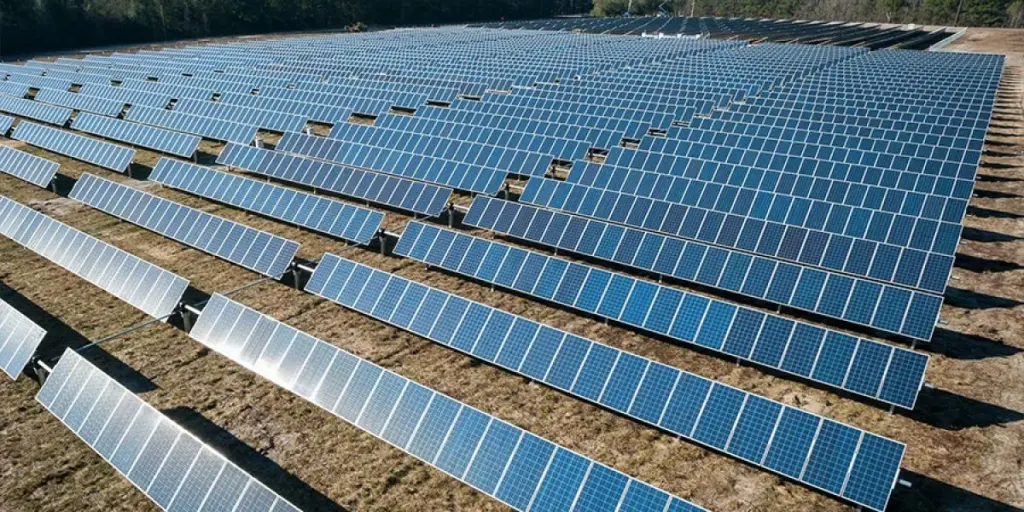In recent years, there has been an increased demand for clean energy worldwide due to growing environmental and climate change concerns. Hence, renewable energy production is projected to increase by over 8% in 2022, exceeding 300 GW for the first time. Solar PV will account for 60% of this renewable energy with the commissioning of 190 GW, increasing by over 25% from 2021.
This growth has resulted in more effective implementation of certifications and standards to ensure solar products’ reliability, performance, and quality.
This blog showcases examples of popular certifications to look out for when entering key target markets.
Table of Contents
The global PV industry
Certificates for PV modules and systems in key markets
Final takeway
The global PV industry
The transition from fossil fuels towards clean energy has increased demand for PV systems, making them the most used and widely available renewable energy source.
Solar PV market size and potential
PV technology reduces carbon emissions and eliminates reliance on conventional fuels. In addition, solar PV is increasingly becoming the lowest-cost option for electricity generation, propelling investments. As a result, the industry has experienced considerable growth.
According to the International Energy Agency (IEA), the demand for solar PV generation increasing by 22% in 2021 and is projected to increase by 25% in 2022. In addition, the global PV market was $151.18 Billion in 2021 and is expected to grow at a CAGR of 8.6% between 2022 and 2030 to $292.32 Billion.
The above numbers reflect the increased demand for solar PV systems and products worldwide.
Why are certifications necessary in the PV industry?
Customers require a guarantee that the products offered are quality, safe, durable, and reliable, making certifications a basic need for every investment. In addition, product certifications require PV modules to meet specific regulations and standards to qualify and be considered suitable for sale in specific markets.
Additionally, certifications for importing and exporting solar PVs ensure the competitiveness and safety of solar PV systems, devices, and components. Besides, these certifications ensure that PV modules adhere to qualification standards, installation practices, and accepted practices or codes.
Certificates for PV modules and systems in key markets
The solar PV industry wouldn’t survive without government policies. As a result, most governments are implementing policies specifying certification requirements and standards to regulate the solar PV industry’s growth and development.
These policies include the consumption and production of solar PV products and provide certification requirements for solar PV modules and systems in all markets worldwide.
Examples of these certifications include:
European Union (EU)
Any business intending to explore the solar PV market within the European Union (EU) must comply with its multiple testing standards and certifications. For instance, all solar PV testing facilities in the EU must comply with International Electrotechnical Commission (IEC) policies, such as;
i. IEC 61215: Standards for crystalline silicon terrestrial PV modules
IEC 61215 is a critical testing standard for residential solar panels.
It indicates that the module has undergone multiple stress tests and meets the quality, performance, and safety standards.
For instance, the test assesses;
- Insulation resistance
- UV exposure
- damp heat and humidity-freeze
- Hail impact
- Outdoor exposure
- Ability to withstand wind and snow
ii. IEC 61730: Standard for PV module safety
Solar panels must meet the safety standards like other electrical devices to protect them from electrical shocks. IEC 61730 assesses a module’s construction to ensure low risk for various hazards, including:
- Electrical
- Mechanical
- Thermal
- Fire safety
iii. Conformité Européenne (CE)
Most European Economic Area (EEA) products consumed must have the CE conformity mark or Authentication Certificate. The CE indicates that the solar PV modules conform to the EU safety, health, and environmental requirements.
North America (Brazil)
Businesses seeking access to the Brazilian solar energy market must acquire INMETRO testing and certification. This certification ensures that PV modules in Brazil meet the national quality and safety standards and installation requirements.
INMETRO includes various regulatory programs, such as;
- The Programa Brasileiro de Etiquetagem (PBE). PBE ensures PV modules manufactured in or imported into Brazil meet national quality and safety standards.
- Etiqueta Nacional de Conservaçãode Energia (ENCE) certification. ENCE ensures PV modules undergo an energy efficiency assessment.
The Middle East
The Middle East region has multiple PV module certifications that regulate solar products sold in its markets. However, each country has its unique requirements. Examples to look out for include:
i. The SASO quality mark (SQM) in Saudi Arabia
SQM is a certification mark indicating that the solar products meet the relevant national standards set by the Saudi Standards, Metrology and Quality Organization (SASO) in Saudi Arabia
ii. QCC certification in Abu Dhabi
All solar PV modules and systems suppliers, manufacturers, and distributors in Abu Dhabi must comply with the QCC certification.
This regulatory framework ensures that solar products in the local markets meet the highest quality standards. It includes tests such as environmental performance, where the products are tested in the harsh desert environment to reassure customers of their functionality in line with local conditions.
The USA
The Nationally Recognized Testing Laboratory (NRTL) Certification is the quality mark for solar panels in the USA. It ensures that solar PV modules conform to proper installation, quality, and safety standards.
Lack of NRTL Certification is associated with multiple restrictions, including;
- No connection of solar panels to the grid
- No insurance coverage in case of fire
- Restricted access to government rebates & tax incentives
Final takeway
While ICE standards are internationally accepted and adopted, most governments in each country have implemented local regulations adjusted to address local conditions. Thus, it’s essential to research and ensure compliance with such legal frameworks. That way, an organization will avoid hurdles that may undermine business performance and operations.




